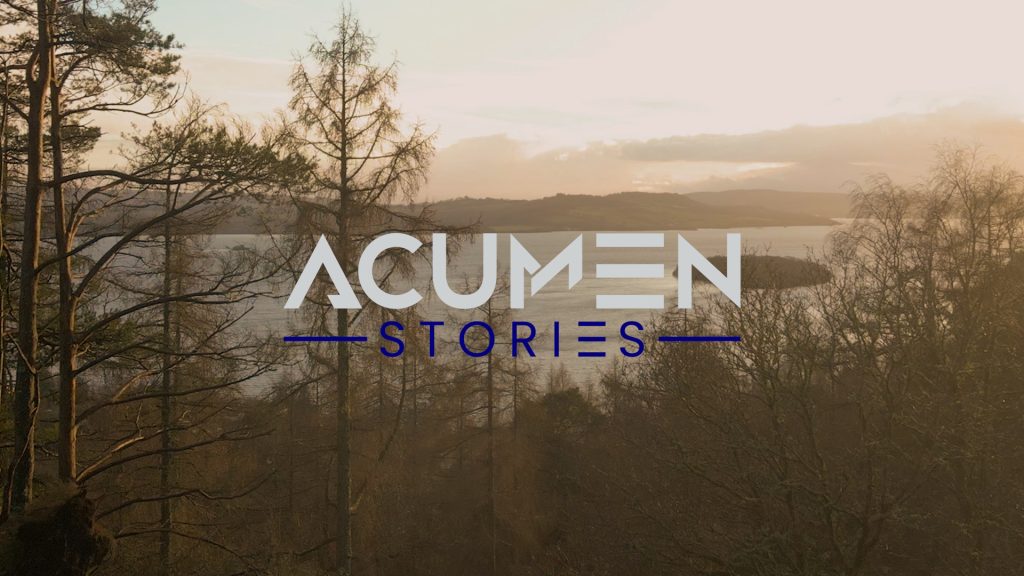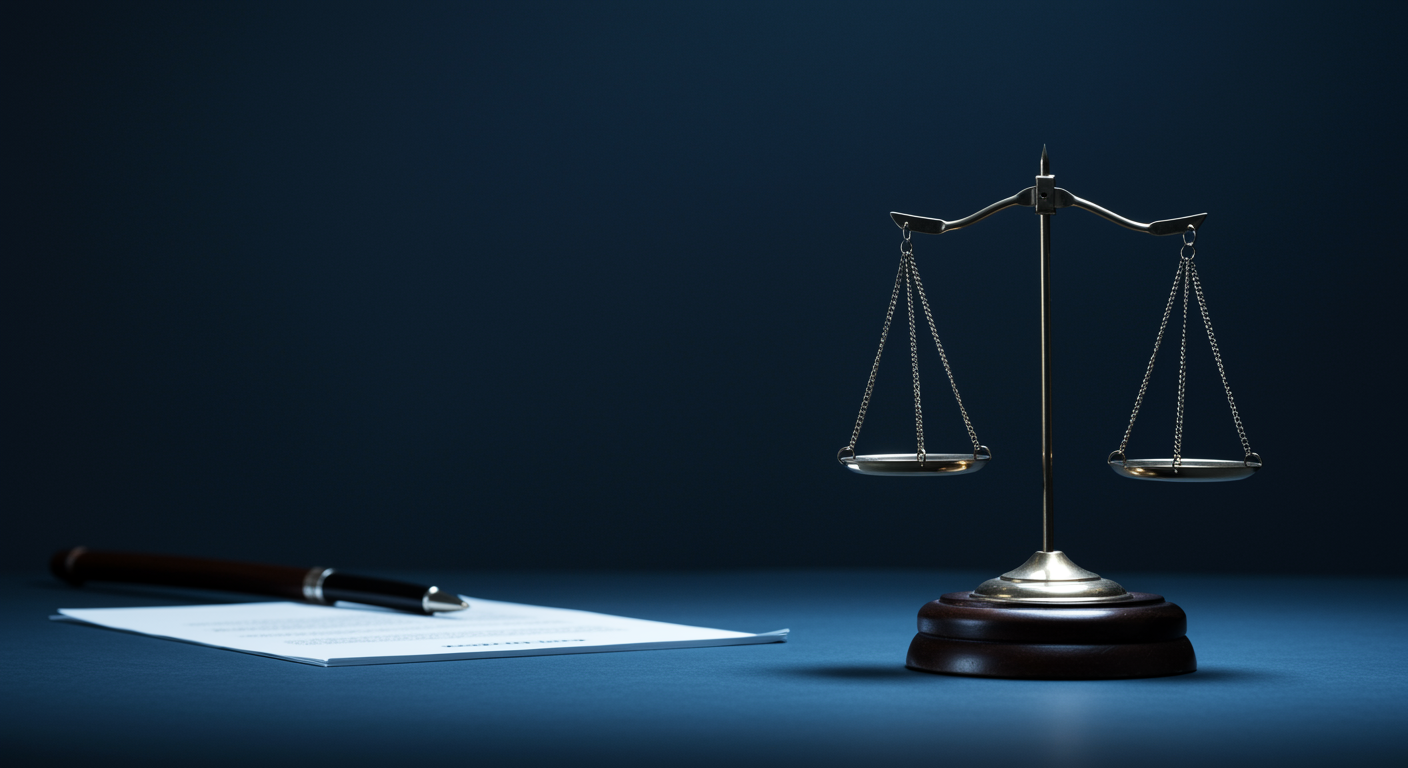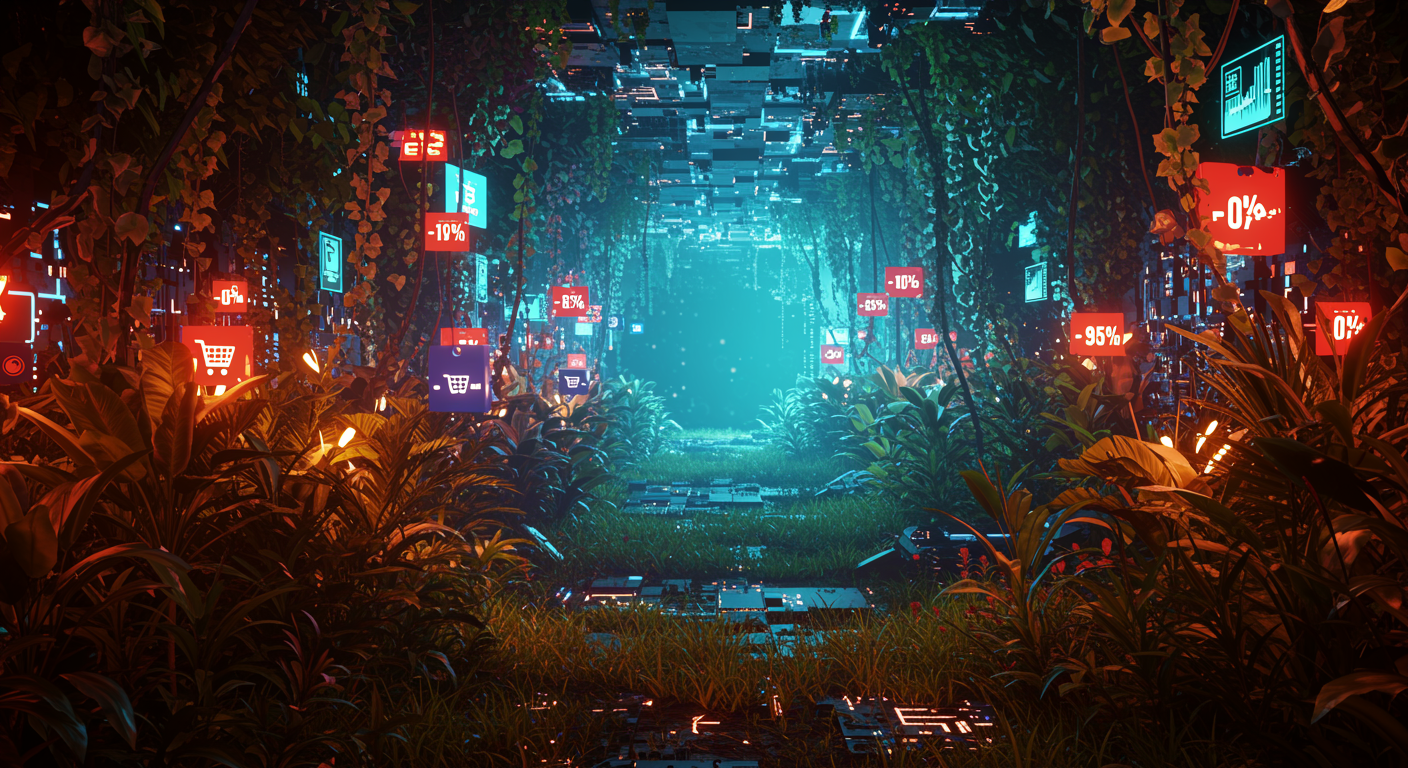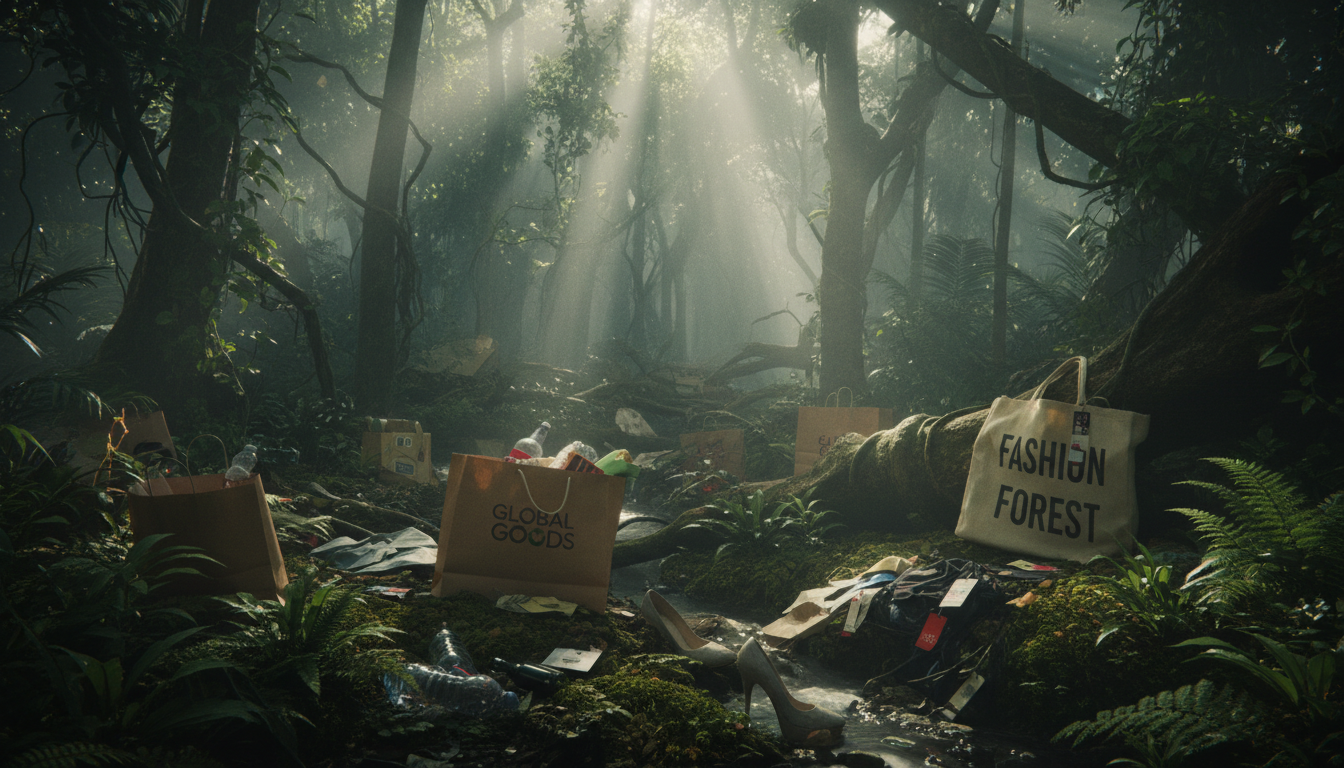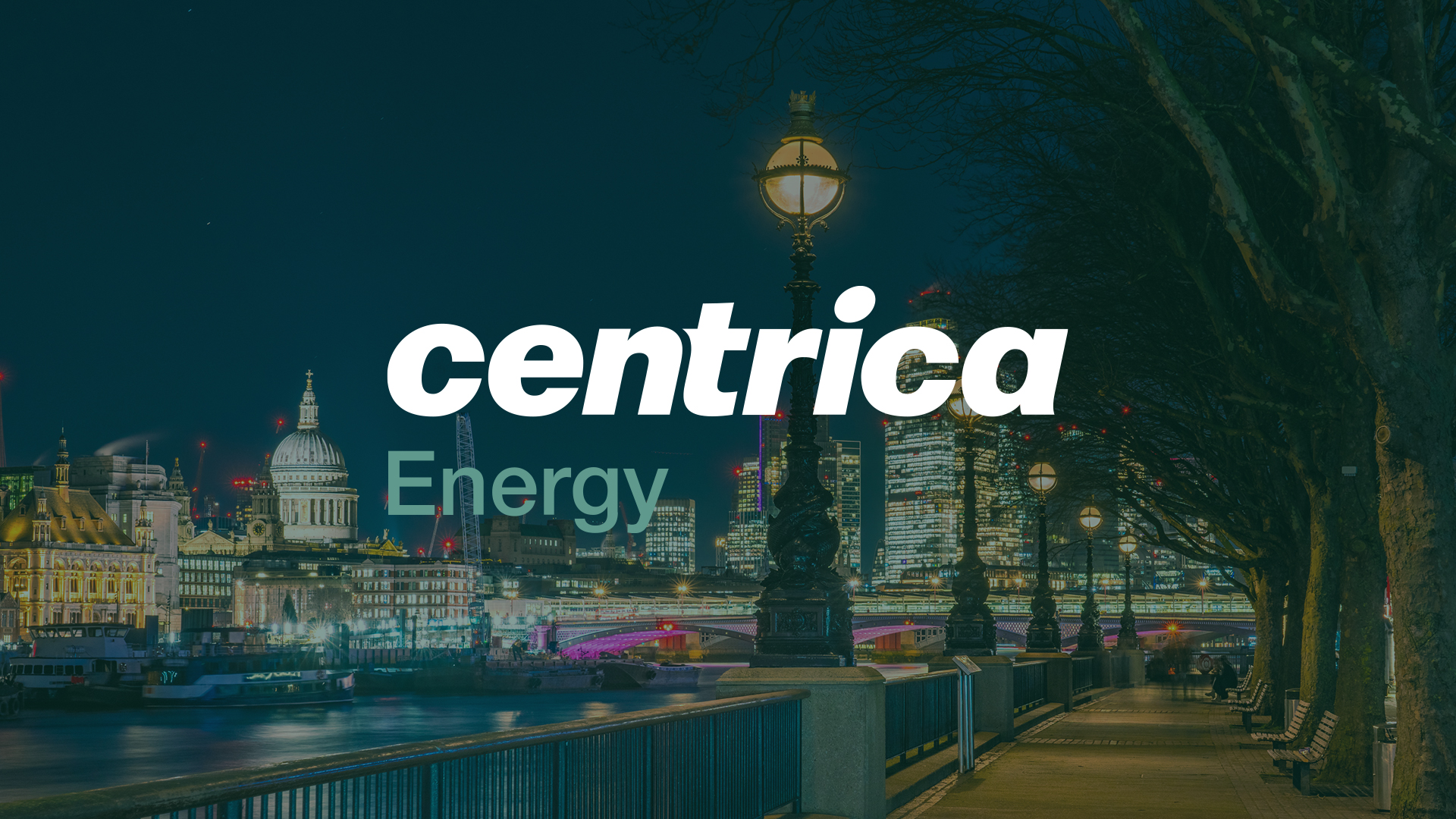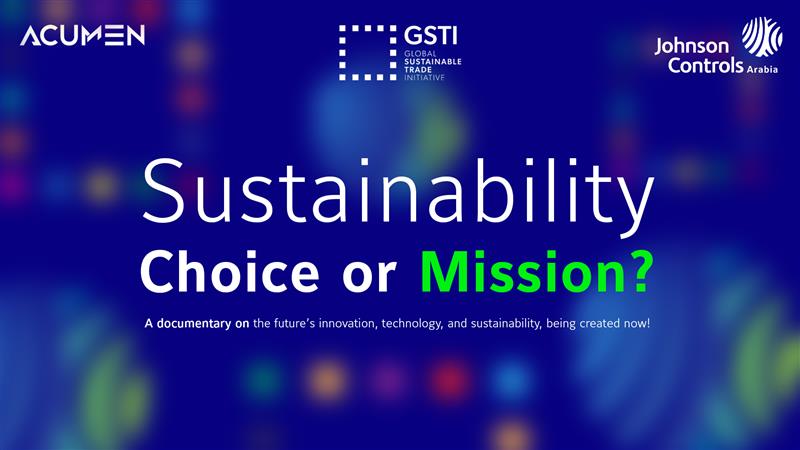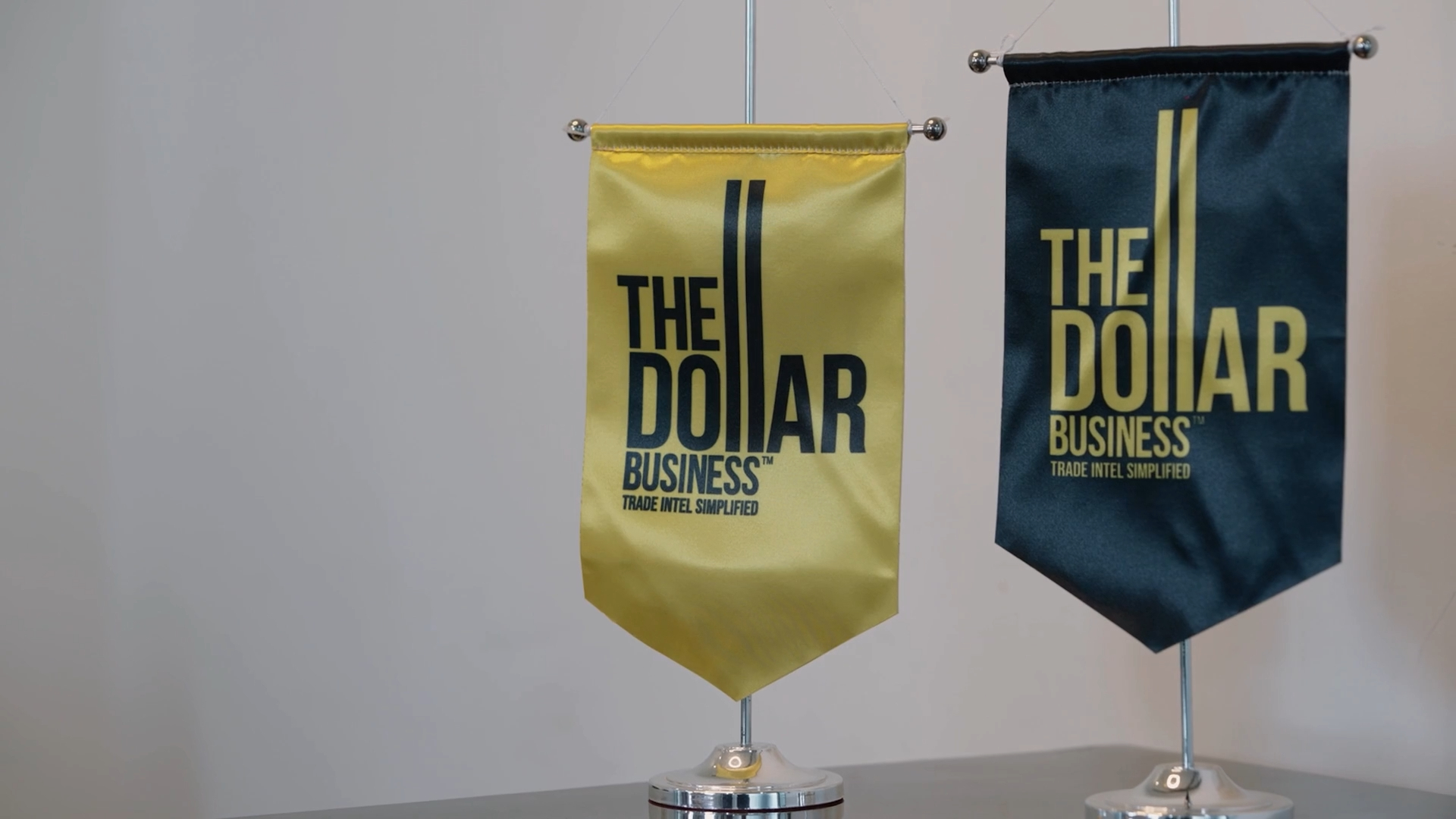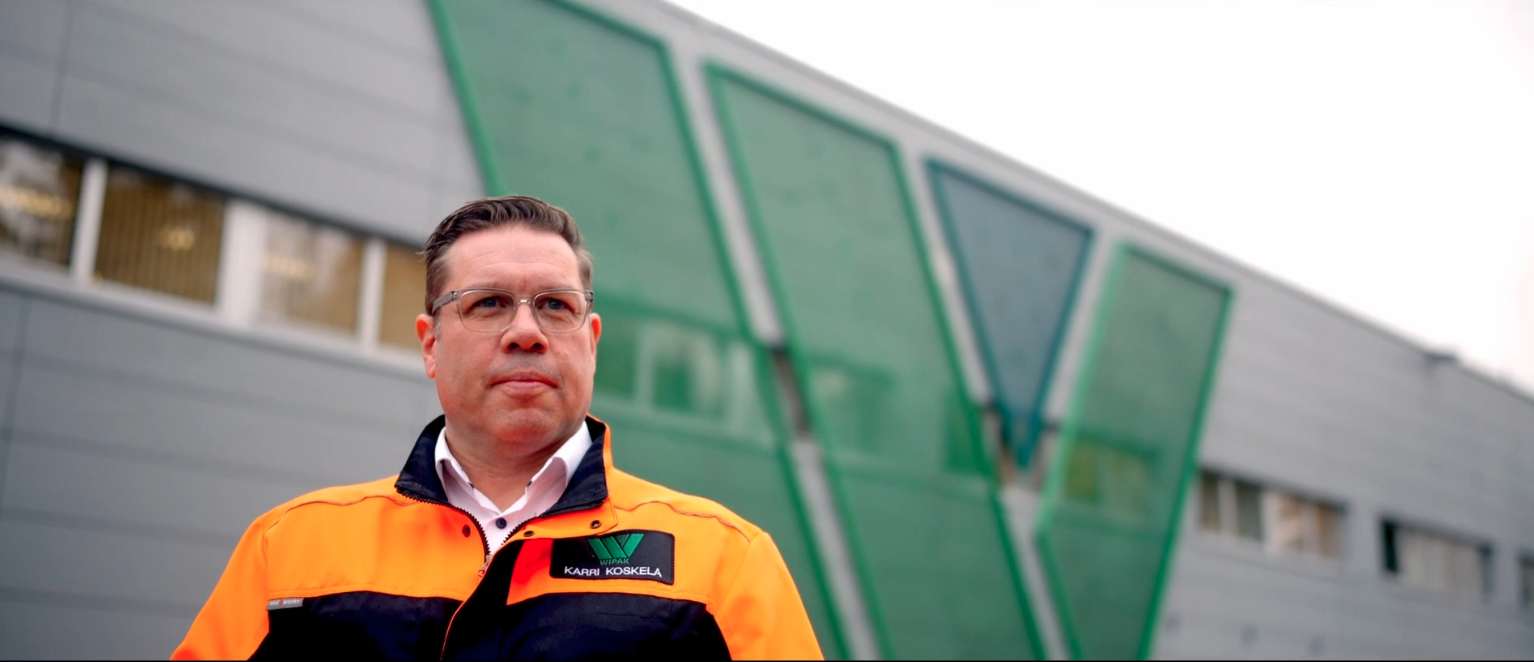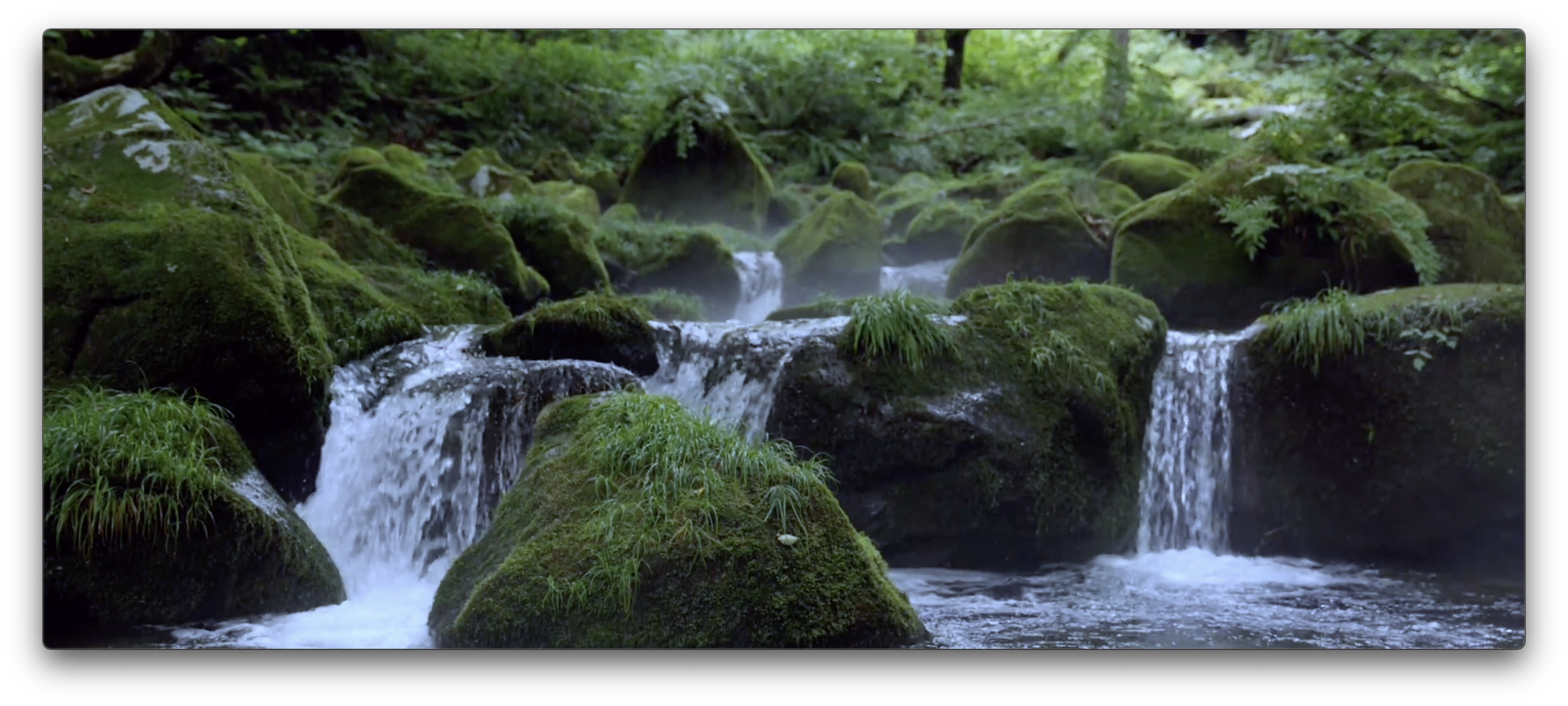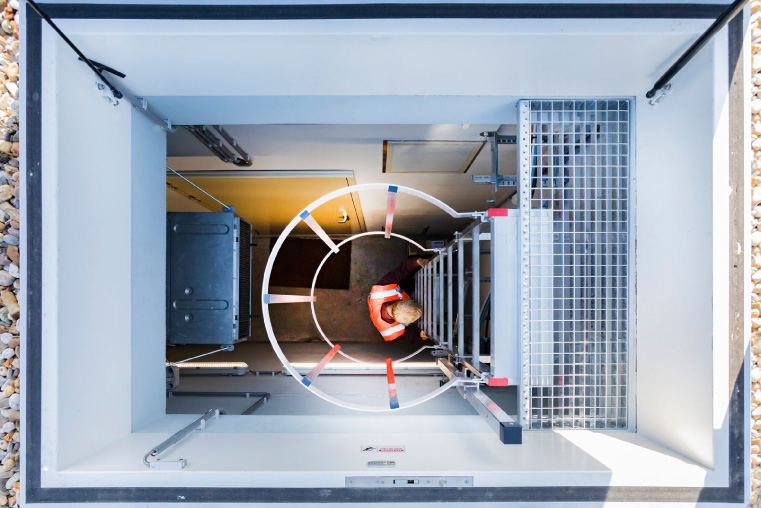Tech Platform with A Clear Vision: A Waste-free World
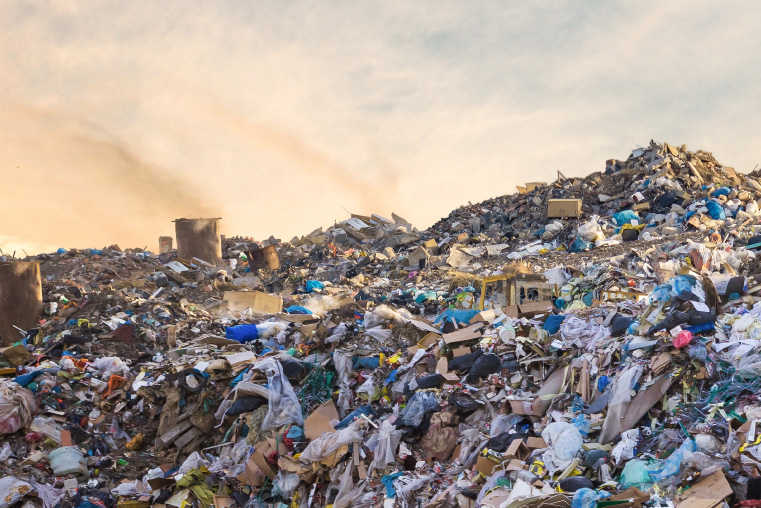
Seensons promote their vision of a waste-free future at COP28 – Enlightening businesses on the transition towards a circular economy.
Seenons is the only independent platform for saving waste in Europe. The platform brings together all the organisations in and outside of the waste chain, e.g. consultancy partners and logistic companies like Post NL. Connecting those that create waste with those that re-use it to reduce waste and accelerate the transition towards a circular economy.
The waste system is broken and they fix it. Seenons are different. They offer transparency to regain control over organisations’ waste. Their mission is to save waste together. Seenons operates in +3000 locations across Benelux, with +200 partners, dealing with +100 different types of business waste. Seenons enables organisations to get in control of their waste, providing the flexibility to choose the best partners and the insights and expertise to start the journey to zero-waste.
They are convinced that the circular economy is leading in the climate strategy. And they tell you why.
In previous COP editions, the emphasis was primarily on reducing energy emissions, with less focus on the circular economy. Seenons believes that the focus should not be on just one aspect of the problem, but should extend further. Notably, 45% of CO2 emissions result from material production, presenting a significant opportunity for improvement. They take pride in Seenons platform’s ability to provide companies with both knowledge and solutions to reduce waste, contributing to the transition towards a circular economy.
These are the key take-aways they will be presenting at COP28.
Zero Waste Solutions as a Climate Change Solution
The circular economy is gaining traction as a solution to climate change and other environmental issues. However, at major events like COP28, the focus still predominantly revolves around transitioning from fossil to green fuels, relegating the circular economy to the background. While switching to green energy sources will only reduce 55% of total emissions, the remaining 45% stems from material production and consumption. With growing economies and consumption, emissions resulting from consumption are expected to increase.
The circular economy offers solutions to reduce this remaining 45% of emissions, with zero waste solutions taking center stage. Designing and producing products with zero waste principles not only reduces emissions during material processing at the end of their life cycle but also addresses emissions from production and the transport of new materials.
Knowledge about the Circular Economy
A significant hindrance to developing and implementing circular solutions is the lack of knowledge, not only about the circular economy itself but also about an effective, systemic approach. Circular solutions require a shift from linear thinking to systemic thinking. Collaboration across the entire value chain is essential, along with a conscious understanding of both the direct and indirect impacts of the solution.
By regularly sharing knowledge in our knowledge center, we aim to provide clarity on commonly used circularity terms, guiding both businesses and individuals on the right path toward the circular economy and zero waste solutions.
Systemic Responsibility
To scale circular solutions, governments and businesses must focus not only on their own processes and direct impact but also on the entire value chain. Their responsibility should extend beyond exerting direct influence to prevent indirect issues and emissions further down the value chain.
For instance, labeling a product or material as “recyclable” does not guarantee actual recycling. Stricter standards and control mechanisms are needed to ensure that recycling indeed takes place.
In conclusion, Seenons believes that the circular economy should play a central role in addressing climate change. With these central viewpoints, they aim to guide businesses, governments, and individuals toward a waste-free world at COP28 and beyond.
Find out more about COP28 campaign

